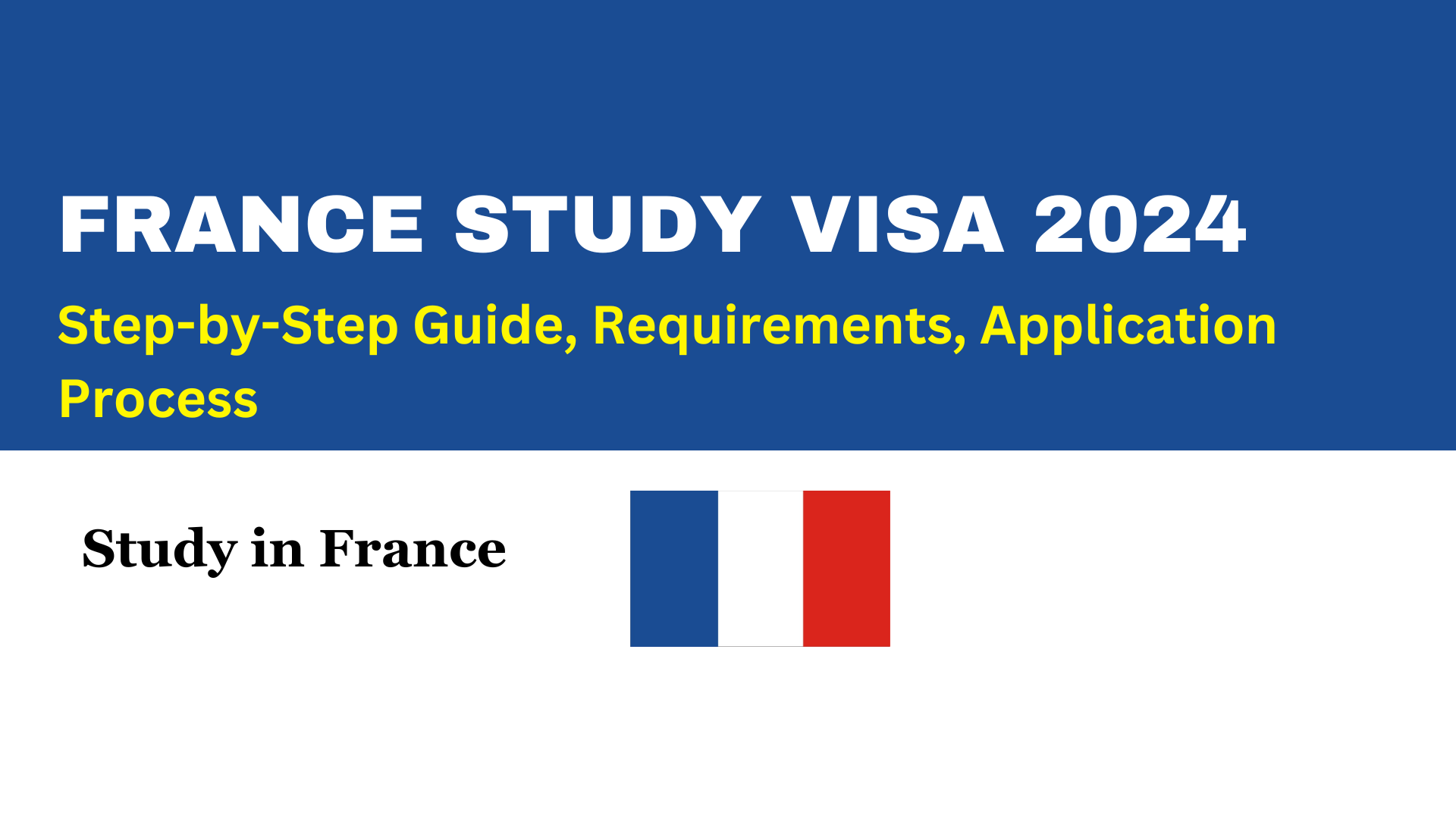Today, we are going to discuss how to get a study visa for France! If you have ever dreamed of studying in a place filled with beautiful sights, amazing food, and lots of history, then you are in the right spot. We have got all the information you need to make that dream come true, from the first steps to the final paperwork. So, let’s get started and find out how you can start your adventure in France.
Understanding France’s Student Visa Types
- Short Stay Visa
- Long Stay Visa
Short-Stay Visa
Ideal for those looking to engage in short-term academic endeavors, language classes, or internships in France for less than 90 days, the short-stay or Schengen visa is your ticket. This visa also grants the freedom to travel across the 26 countries within the Schengen Zone, including France itself, making it perfect for short educational stints.
Long-Stay Visa
If your academic plans include pursuing longer degree programs such as bachelor’s or master’s degrees, or if you are looking to engage in extensive courses or research projects exceeding 90 days, the long-stay visa is what you need. This visa allows students to live in France throughout the duration of their study program, offering a full-fledged French academic experience.
Also read Free Care Visa Program in Luxembourg for International Healthcare Workers
Eligibility and Visa Requirements
To qualify for a student visa, there are specific criteria and conditions you must meet, as set by the French immigration authorities:
- Applicants must be at least 18 years old.
- Must have secured admission in a recognized French educational institution.
- Need to show adequate financial means to cover tuition, living expenses, and other costs during their stay in France.
Required Documents for Your Visa Application
When applying for a student visa to study in France, you must compile a set of essential documents, including:
- A valid passport
- A cover letter
- Letter of acceptance from your French educational institution
- Financial documents proving your means
- Health insurance coverage
- Academic transcripts and certificates
- Proof of language proficiency
You might also need to provide additional supporting documents, such as recommendation letters or evidence of previous academic or professional achievements.
Also read Studying in Germany vs. Canada: Which Option Should You Consider in 2024?
Step-by-Step Visa Application Guide
- Account Creation:
Start by registering an account on the Campus France website, setting the stage for your application process.
- Document Preparation:
Assemble all required documents as listed earlier.
- Application Form Completion:
Fill out the visa application form thoroughly, ensuring all information is accurate and backed by the necessary documentation.
- Scheduling Your Visa Appointment:
After submitting your form and paying the fees, Campus France will assign you an appointment date.
- Campus France Visa Interview:
Attend your scheduled interview, armed with all your documents and ready to discuss your study plans and financial resources. No Objection Certificate (NOC) will be issued post-interview, enabling you to schedule a biometrics appointment at a VFS center.
Also read Schengen Visa Checklist: Essential Documents and Preparation Tips
- VFS Appointment for Biometric Submission:
With the NOC, book and attend your biometrics and document submission session at a designated VFS center. The high commission may also conduct a phone interview to verify your intent and financial details.
- Awaiting Visa Decision:
Post-interview, wait for the decision on your visa application. This period can take several weeks, so it’s wise to hold off on travel plans until your visa is confirmed.
- Visa Collection and Preparation for France:
Once approved, collect your visa and start preparing for your move. Remember to validate your visa within the first three months of arrival in France and register for your residence permit.
Student Visa Application Costs
The cost associated with applying for a student visa in France varies by visa type, duration, and the applicant’s nationality. Currently, the fee for a long-stay student visa stands at 50 € for candidates from countries under the EEF procedure, and 99 € for those from other nations.
Remember, visa fees can change, so always check the latest information on the official website of the French consulate or embassy in your home country.
While the process of applying for a student visa to France can seem daunting, thorough preparation and understanding of the requirements can make it a manageable and successful endeavor. This guide aims to equip you with all the information needed to navigate the visa application process smoothly, setting you on the path to an enriching academic experience in France.

